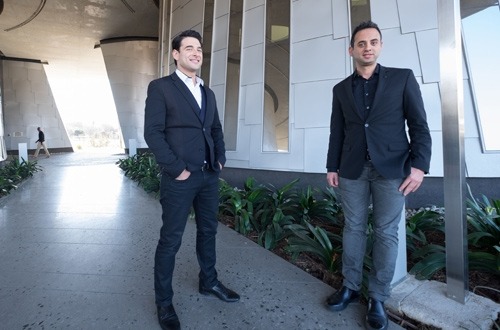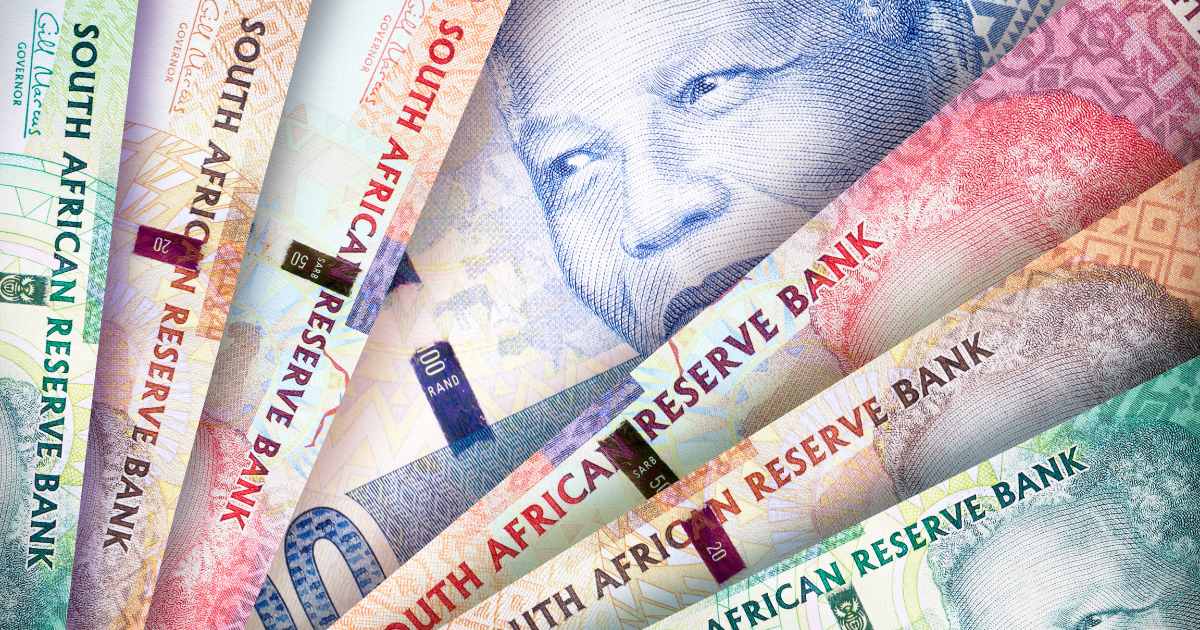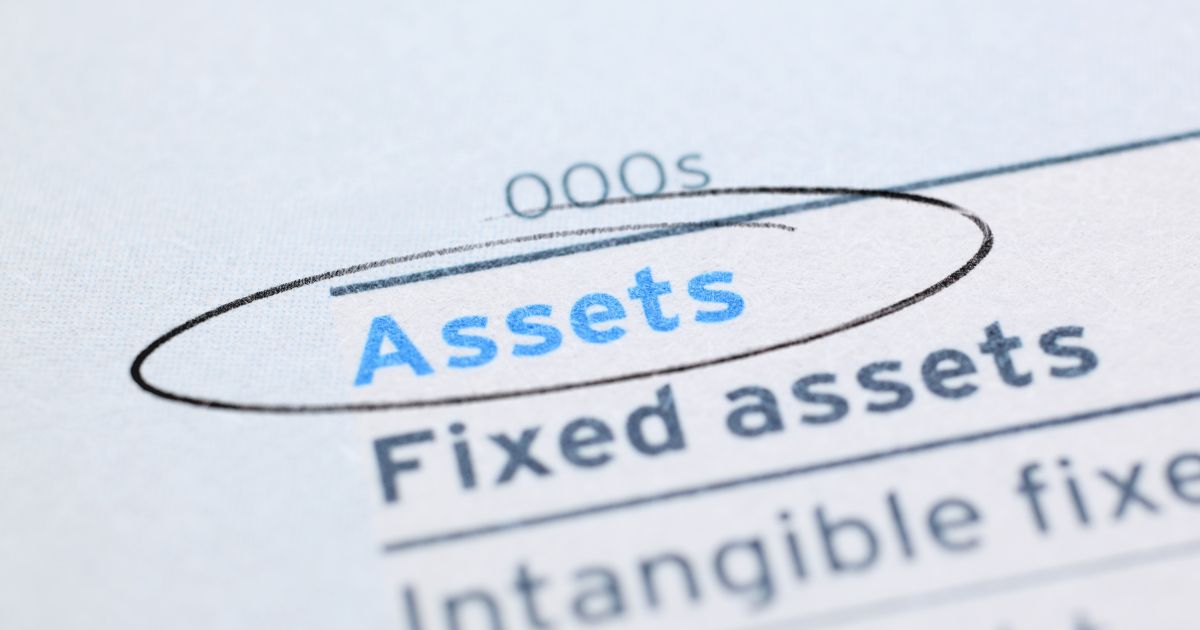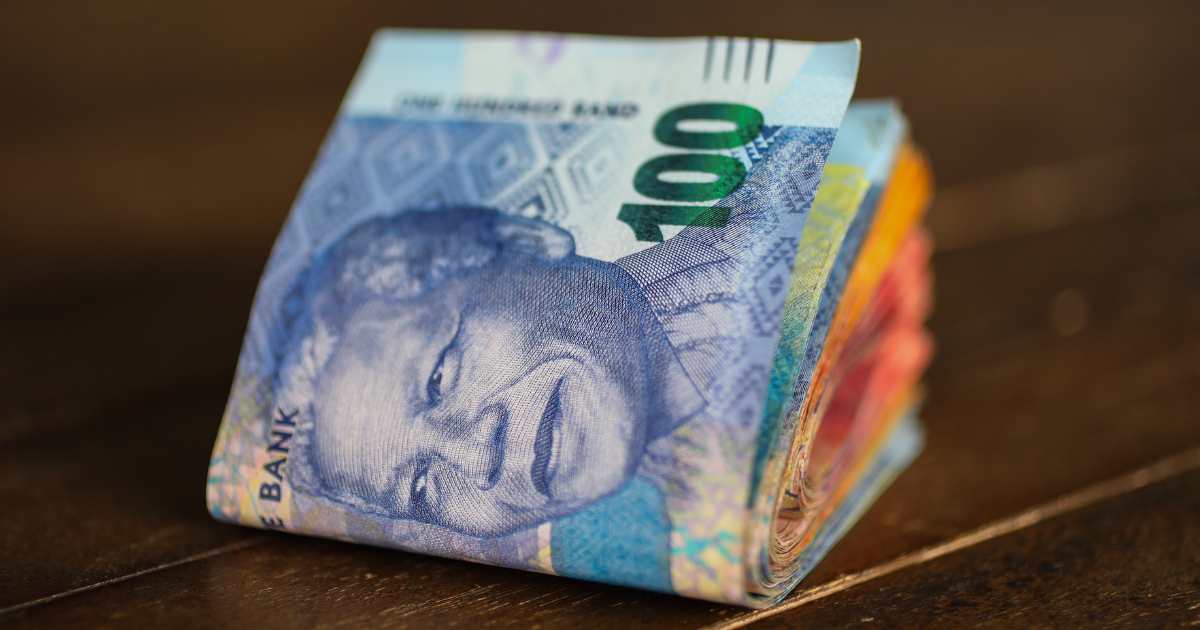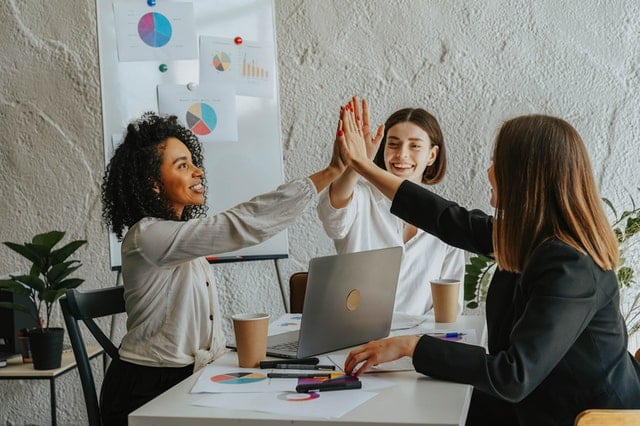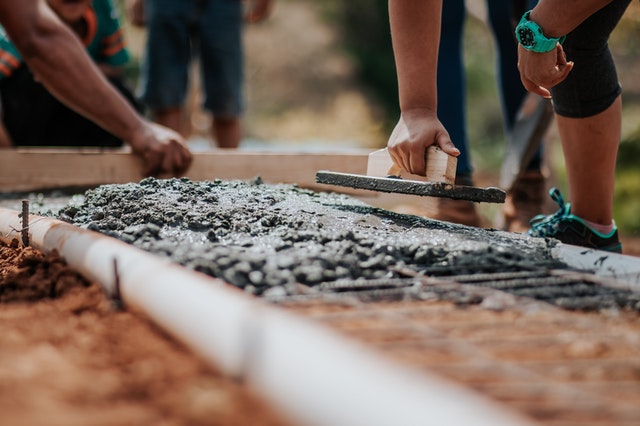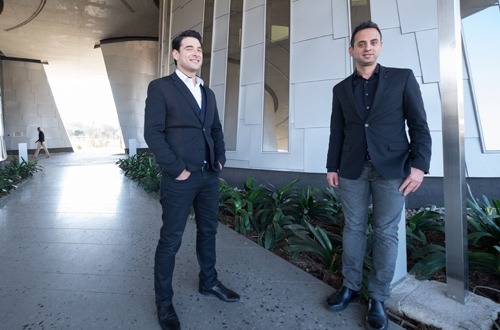
Scoring a multi-million Rand acquisition deal with a giant multinational is the ultimate dream of many entrepreneurs. But building a business that is big and successful enough to sell isn’t always as easy.
Ran Neu-Ner along with his partner, Gil Oved know this all too well.
Their agency was last year acquired by the Publicis Groupe in what is believed to be the largest acquisition deal in South African agency history. Digital news website, Memeburn, reported that the deal was thought to be worth ‘upwards of a billion rand and could be worth as much as R1.5-billion’.
Their story, however, started from much humbler beginnings.
Neu-Ner and Oved co-founded The Creative Counsel (TCC) in 2001, an activations company focusing on promotions, in a 15 square-meter office furnished with garden furniture, a zero capital base and not a single client.
Together, they have managed to turn the company into South Africa’s largest advertising agency group.
The business has grown to an annual turnover in excess of R700 million, over 1 500 permanent employees, around 300 campaigns a year, and up to 15 000 temporary activations staff in the field on any given day, serving a client list that includes big names such as Unilever, Clover, Vodacom, Microsoft, Brandhouse and Tiger Brands.
Strong off the starting blocks
Hard work, passion and a clear vision of where they wanted the company to be was the key to achieving those goals, Neu-Ner says.
Reflecting on the early days, Neu-Ner says they realised that one day they may have to move on, which meant they might have to sell the business.
“What we then realised is that we would have to build a business that we can sell,” he says.
As part of SME South Africa‘s ‘How we’ series, Neu-Ner shares how they went about building a business that is worth a billion rands and the toughest question they had to answer during the acquisition process.
Why we said yes to the Publicis Groupe
We actually had interest from every major media agency in the world and we had to make a choice. There were several factors that helped us determine who was suitable. And it’s important that people understand that when you sell a business, and in particular the same way that we sold it, you’re not selling your business and walking away.You’re selling a business which you have built and with it your reputation stays on. So, even though we have sold the business, the reputation of Ran and Gil who started the Creative Counsel will still live on.
So, if you care about the reputation of the business and the people that work in your business and the vision of the business going forward, you need to pick a partner that you believe can protect all of those interests.
When we found Publicis we saw a partner that displayed the same hunger that we displayed, had the same vision that we had and the same appetite that we had. Which meant that they would follow in our growth plan. Not only have they followed our growth plan they’ve accelerated it.
We’ve also found that from a culture point of view Publicis had the same culture and values of the TCC Group and that’s how we chose them.
The first thing we did was to ask the right question
When you ask the question [of how we got ready for the acquisition process] you’ve got to take a step back and ask yourself; ‘If someone is buying a business, why are they going to buy my business?’
So that is the first question that you’ve got to ask because when you define why someone would buy your business, then what you do is build your business to fit the reason.
Give them a reason to buy
You have to find a more strategic reason. We looked at our business and we said for anybody who buys our business, we want to let them buy a business that will give them a strategic national footprint in South Africa, a strategic footprint on the continent, access to a whole lot of clients and systems and processes which will make the company sustainable.
“By far the most challenging question was to convince the buyer that the business is a business beyond the founders”
We got our basics right
First we created an infrastructure that we believed no one in South Africa would emulate. We then created systems and processes that would run that infrastructure.
Then we began looking north onto the continent to roll out those same systems and processes and started building that infrastructure there. Once we achieved that our clients began to trust us and a buyer came saying: ‘we’re a French company, we’re looking for an African footprint, and we’re looking for a company that has a lot of very good client relationships’, and that was why they bought the business.
The toughest question by far was ‘would the business exist beyond its founders?’
When people look at your business they do a very thorough due diligence. I think probably the most difficult question we had to answer was how reliant is the business on the two founders. As you can imagine, when somebody buys a business and buys out the founders of the business they [take the] risk that when the founders are gone, and if the business is reliant on the founders, then effectively the pillars of the business would be gone.
So we had to convince them that firstly, we had a strong management team underneath us, secondly, that we had very good systems and processes and lastly, that the relationships with the clients were not reliant on the two founders.
Obviously we had questions around our finances and feasibility, and them querying about our future and our past numbers, but by far the most challenging question was to convince the buyer that the business is a business beyond the founders.
And I think that that is quite an important learning and quite an important takeout – to build your business where the founder is not necessary in the running of the business. And that’s when you know you have a real business and a business that can be sold.
Our people, culture and clients are reasons Publicis chose us
They saw a very strong, very solid client base with very good relationships and a business with a very unique offering in South Africa and on the continent. They saw great systems and processes which they could export to companies in countries such as India, Brazil and other emerging markets. They also saw a business with a unique culture. We’ve set an amazing culture in this business – we call it a culture of ‘brilliance or nothing’. People work very hard to deliver brilliant or don’t deliver at all.
They saw good people, which is probably the most important. They saw that we had a very strong management team and that we as the founders, are still very much involved in the business and we want to grow the business to become much bigger than the business that Publicis has bought.
“That is a magic partnership to have when you have a partner that actually pushes you to go faster not slower”
How we considered the money issue
The way that these acquisitions are structured is that you don’t get your money on day one. You get some money but you get more on the performance of the business going forward. Of cause the purchase price was an important consideration when making the decision but for us what was more important was not the initial purchase price, but the ultimate amount of money that we could make was not capped. It was a case of the harder we worked in the next couple of years, the more money we could make as a result of the acquisition.
People must understand that usually, when you sell a business you’re not selling the business lock, stock and barrel. I know very few businesses that are bought and the next day the founders or the current shareholders are out and the next shareholders are in. Usually what happens is that they keep the founders on for a certain period of time to do a handover and they incentivise the founders to make sure that during the period that they stay on the business continues to grow.
How our roles have changed
We’re working harder now than we ever did, we’re hungrier now than we’ve ever been for two reasons: firstly, is our financial incentive but to be honest that’s not really the core driver. We want the business to grow because we want to walk with our heads high to say that we sold to Publicis the best business in the world and we helped them take it to the next level together. And I think the integrity of that is what drives us.
The partnership is making us bigger, better, faster
The strategy hasn’t changed at all it’s simply been expedited. As you can imagine we were a company that was running on its own cheque book with a very ambitious target of taking over Africa. When we found a partner that was bigger than us and had a bigger vision than we did for the continent, it simply accelerated our growth into the continent.
I had always thought they would slow us down, and the truth is I think we’re slowing them down because they’re thinking much bigger. And that is a magic partnership to have when you have a partner that actually pushes you to go faster not slower.
